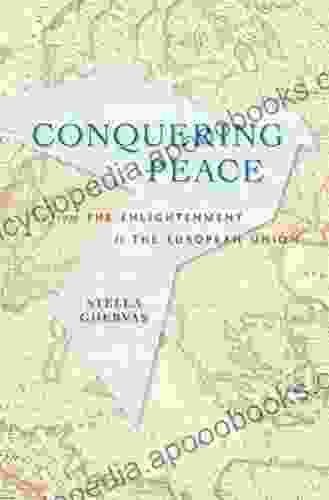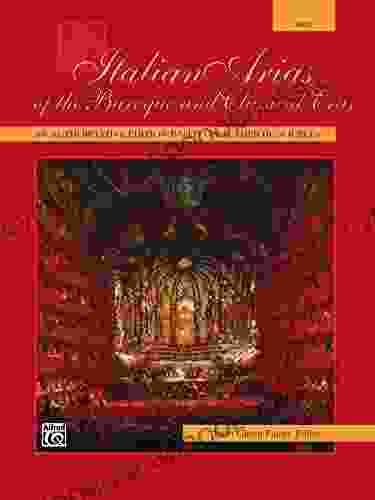From the Enlightenment to the European Union: A Journey of Ideas and Unity

Europe, a continent steeped in history and culture, has witnessed remarkable transformations throughout the centuries. One of the most significant periods in European history is the journey from the Enlightenment to the formation of the European Union, a period characterized by profound intellectual movements and political developments that continue to shape our world today.
4.3 out of 5
| Language | : | English |
| Text-to-Speech | : | Enabled |
| Enhanced typesetting | : | Enabled |
| Word Wise | : | Enabled |
| File size | : | 24768 KB |
| Print length | : | 528 pages |
| Screen Reader | : | Supported |
The Enlightenment: Seeds of Modern Thought
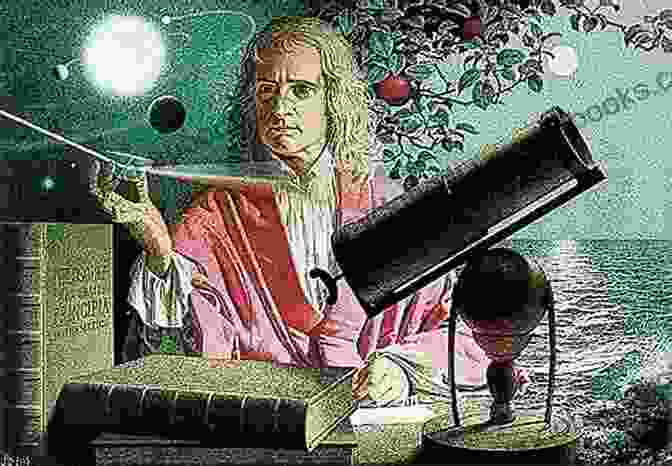
The Enlightenment, a philosophical and intellectual movement that emerged in Europe during the 18th century, marked a turning point in human thought. It emphasized reason, scientific inquiry, and individual liberty, challenging traditional authority and superstition. Key figures such as Voltaire, Rousseau, and Kant advocated for critical thinking, tolerance, and human rights.
The French Revolution: Seeds of Political Upheaval
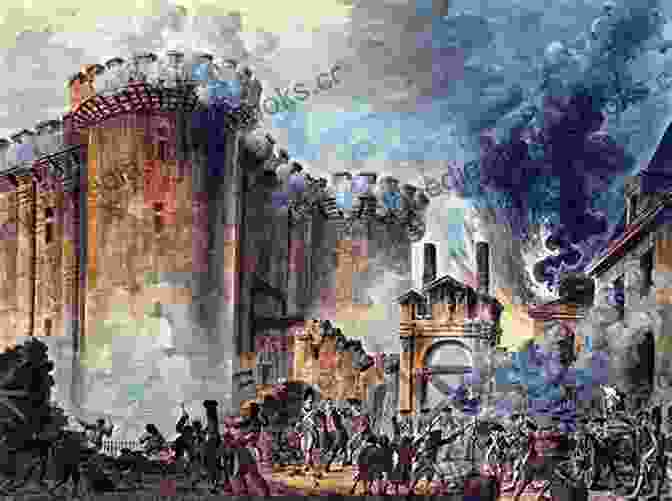
The ideas of the Enlightenment found fertile ground in the French Revolution, a pivotal event that transformed the political landscape of Europe. The storming of the Bastille in 1789 symbolized the overthrow of absolute monarchy and the rise of popular sovereignty. The revolution introduced concepts of liberty, equality, and fraternity, shaping subsequent democratic movements worldwide.
The Napoleonic Wars: Seeds of European Conflict
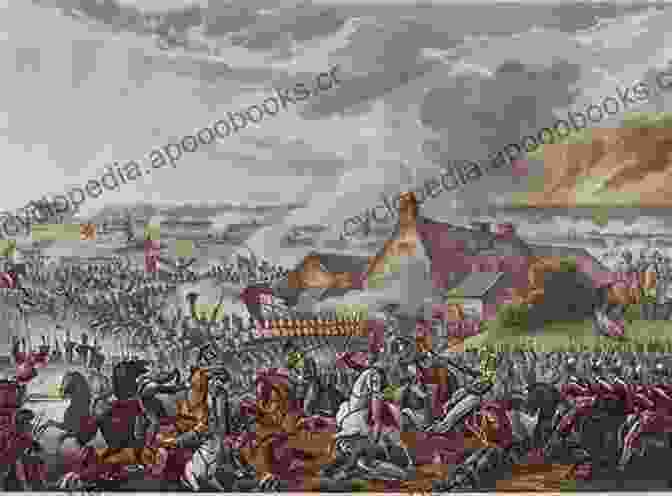
The French Revolution unleashed a series of wars that engulfed Europe for over two decades. Led by Napoleon Bonaparte, France conquered much of the continent, spreading its revolutionary ideals but also triggering resistance and nationalism among other European powers. The Napoleonic Wars ultimately resulted in France's defeat at the Battle of Waterloo, redrawing the map of Europe.
The Congress of Vienna: Seeds of European Diplomacy
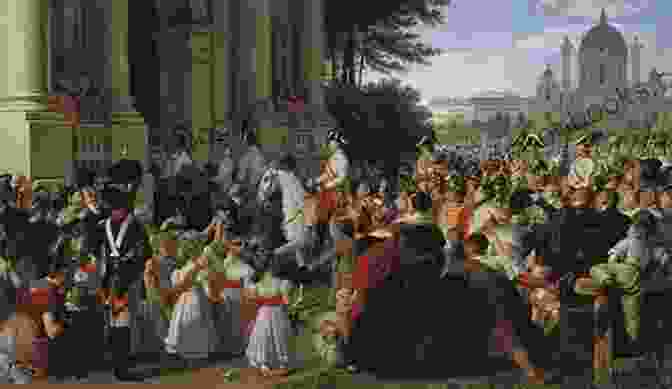
In the aftermath of the Napoleonic Wars, the Congress of Vienna convened in 1814 to establish a new European Free Download. Diplomats from across the continent aimed to restore stability and prevent future conflicts. The Congress redrew boundaries, created new alliances, and established a conservative balance of power, shaping European politics for decades to come.
The Industrial Revolution: Seeds of Economic Transformation
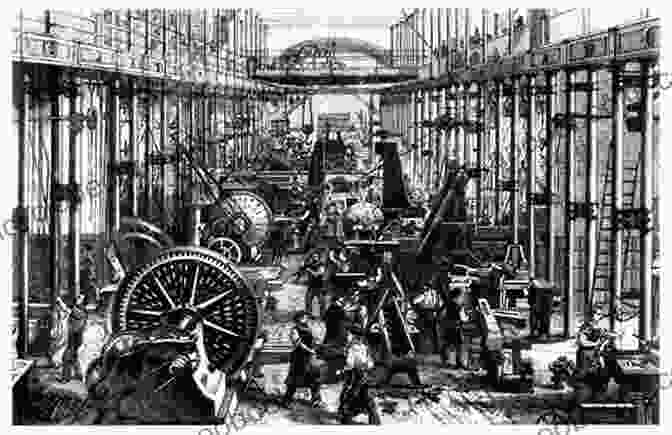
The 19th century witnessed the Industrial Revolution, a period of rapid economic and technological change that transformed societies across Europe. Advancements in steam power, machinery, and production methods led to urbanization, wealth creation, and unprecedented levels of productivity. The Industrial Revolution had a profound impact on European economies and social structures.
Nationalism and Unification Movements: Seeds of European Unity
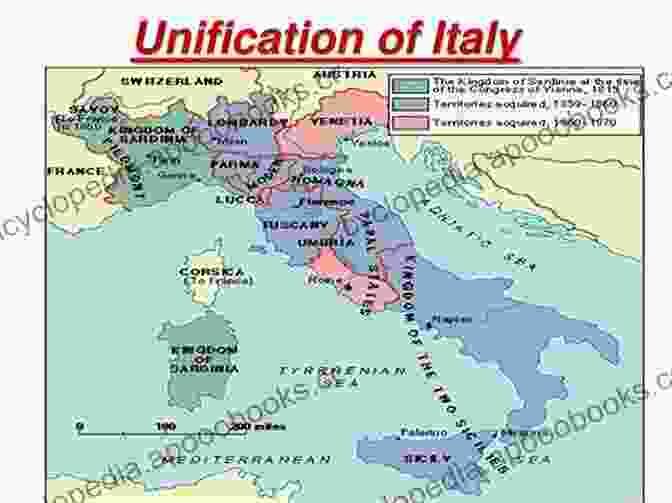
The 19th century also saw a rise in nationalism, a sense of pride and belonging to one's nation. It led to unification movements in Italy, Germany, and elsewhere, as people sought to establish independent nation-states. Nationalism played a significant role in shaping European politics and identities.
World War I: Seeds of European Tragedy
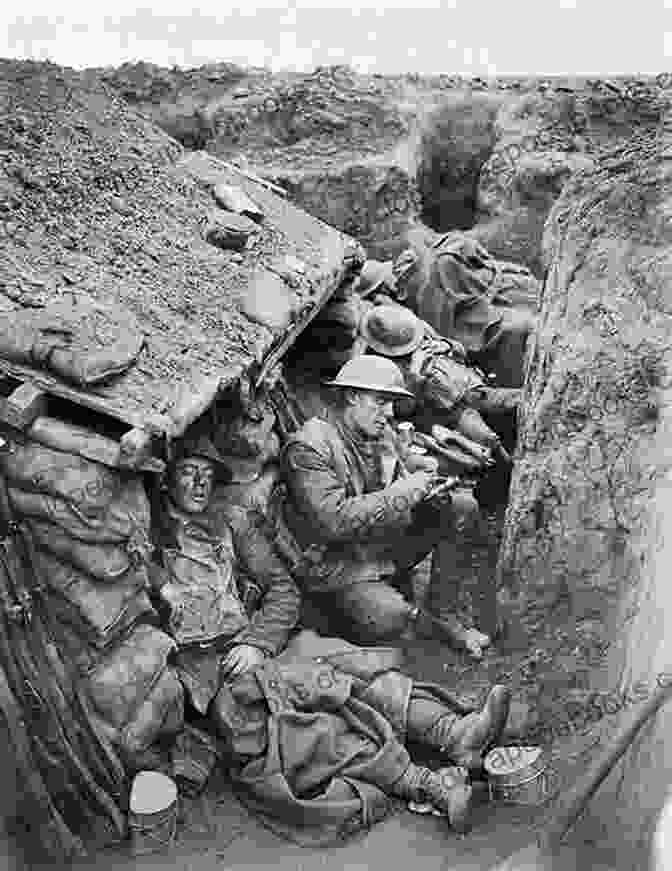
Nationalism and imperial rivalries culminated in the outbreak of World War I in 1914, a devastating conflict that pitted the major European powers against each other. The war brought unprecedented destruction and loss of life, leaving Europe shattered and divided. It marked a turning point in European history, leading to the downfall of empires and the redrawing of boundaries.
World War II: Seeds of European Darkness

The horrors of World War I were followed by an even more devastating conflict, World War II, which began in 1939. Led by Nazi Germany, the Axis powers sought to dominate Europe and beyond. The war witnessed the Holocaust, a genocide that resulted in the systematic murder of millions of Jews and other minorities. World War II ended with the Allies' victory, but Europe lay in ruins, its people traumatized and its future uncertain.
Post-War Europe: Seeds of Unity and Integration
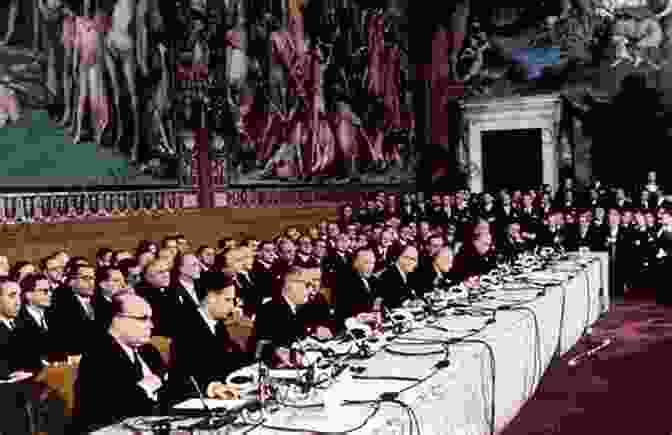
In the aftermath of World War II, a new spirit of cooperation and unity emerged in Europe. The horrors of the war led many to believe that a united Europe was the only way to prevent future conflicts. The Schuman Plan, proposed by French Foreign Minister Robert Schuman in 1950, laid the foundation for the European Coal and Steel Community, the forerunner of the European Union.
Birth of the European Union: Seeds of European Unity Realized
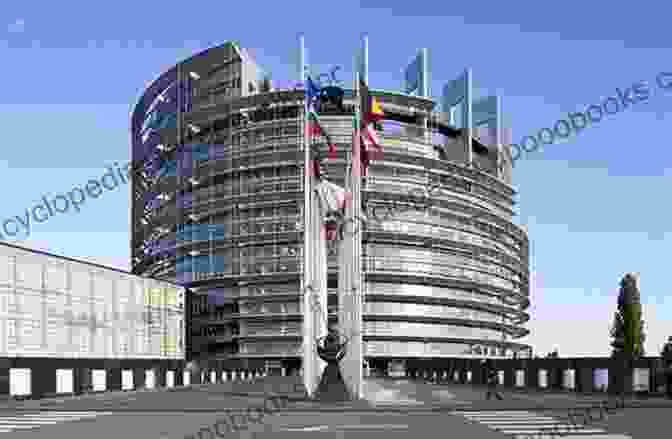
The European Union, initially an economic community, gradually evolved into a political and economic union that today includes 27 member states. It has created a single market, a common currency (the euro),and policies that promote cooperation in various areas. The EU has fostered peace, stability, and economic prosperity in Europe, and it continues to shape the continent's future.
: A Legacy of Ideas and Unity
The journey from the Enlightenment to the European Union has been a complex and fascinating one, marked by profound intellectual movements, political transformations, and economic changes. The ideas of the Enlightenment laid the foundation for modern democratic societies, while the French Revolution and Napoleonic Wars reshaped European politics. The Industrial Revolution brought unprecedented economic growth, and nationalism led to the unification of nation-states.
The devastating conflicts of World War I and World War II served as a catalyst for European unity, leading to the creation of the European Union. Today, the EU stands as a beacon of peace, cooperation, and prosperity, a testament to the enduring legacy of the journey from the Enlightenment to the European Union.
4.3 out of 5
| Language | : | English |
| Text-to-Speech | : | Enabled |
| Enhanced typesetting | : | Enabled |
| Word Wise | : | Enabled |
| File size | : | 24768 KB |
| Print length | : | 528 pages |
| Screen Reader | : | Supported |
Do you want to contribute by writing guest posts on this blog?
Please contact us and send us a resume of previous articles that you have written.
 Book
Book Novel
Novel Page
Page Chapter
Chapter Text
Text Story
Story Genre
Genre Reader
Reader Library
Library Paperback
Paperback E-book
E-book Magazine
Magazine Newspaper
Newspaper Paragraph
Paragraph Sentence
Sentence Bookmark
Bookmark Shelf
Shelf Glossary
Glossary Bibliography
Bibliography Foreword
Foreword Preface
Preface Synopsis
Synopsis Annotation
Annotation Footnote
Footnote Manuscript
Manuscript Scroll
Scroll Codex
Codex Tome
Tome Bestseller
Bestseller Classics
Classics Library card
Library card Narrative
Narrative Biography
Biography Autobiography
Autobiography Memoir
Memoir Reference
Reference Encyclopedia
Encyclopedia Sarah Bird
Sarah Bird Elliot Jager
Elliot Jager A E Dimond
A E Dimond Niki Behrikis Shanahan
Niki Behrikis Shanahan Gretta Curran Browne
Gretta Curran Browne Narendranath Reddy Thota
Narendranath Reddy Thota Publius
Publius Sarah Theule Lubienski
Sarah Theule Lubienski Neil Vallelly
Neil Vallelly Cassy Stuart
Cassy Stuart Icy Lee
Icy Lee Michael S Gaskell
Michael S Gaskell Philip Parker
Philip Parker Janet Givens
Janet Givens Alison Lea Sher
Alison Lea Sher Yarelis Gandul Cabrera
Yarelis Gandul Cabrera Rick Broida
Rick Broida H Rider Haggard
H Rider Haggard Jason Miklian
Jason Miklian Kathleen V Kudlinski
Kathleen V Kudlinski
Light bulbAdvertise smarter! Our strategic ad space ensures maximum exposure. Reserve your spot today!

 Everett BellUncover the Secrets of The Forever Street Novel: An Immersive Journey into a...
Everett BellUncover the Secrets of The Forever Street Novel: An Immersive Journey into a...
 Jessie CoxExpert Insights: Unveiling the Secrets of Cervical Spine Trauma with "Aospine...
Jessie CoxExpert Insights: Unveiling the Secrets of Cervical Spine Trauma with "Aospine... Warren BellFollow ·17.5k
Warren BellFollow ·17.5k Bradley DixonFollow ·15.8k
Bradley DixonFollow ·15.8k Fredrick CoxFollow ·9.7k
Fredrick CoxFollow ·9.7k Charles DickensFollow ·9.6k
Charles DickensFollow ·9.6k David MitchellFollow ·14.2k
David MitchellFollow ·14.2k Earl WilliamsFollow ·16.4k
Earl WilliamsFollow ·16.4k Bryce FosterFollow ·9.3k
Bryce FosterFollow ·9.3k Darius CoxFollow ·14.7k
Darius CoxFollow ·14.7k

 Jacob Hayes
Jacob HayesUnlock the Power of Microsoft Word: A Comprehensive Guide...
Microsoft Word is a widely used word...
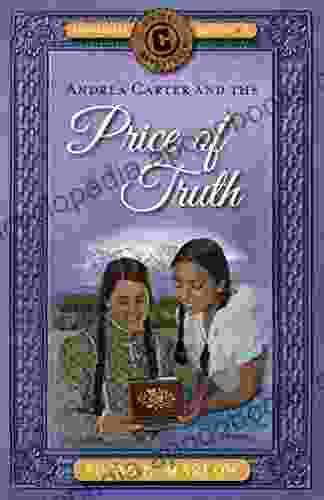
 Hunter Mitchell
Hunter MitchellAndrea Carter and the Price of Truth: A Thrilling...
Get ready for an unforgettable...
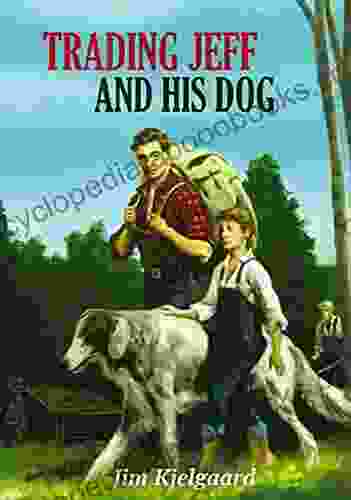
 Ivan Turner
Ivan TurnerTrading Jeff and His Dog: An Unforgettable Adventure of...
Get ready for an emotional rollercoaster...

 Langston Hughes
Langston HughesGo Viral TikTok: The Ultimate Guide to Gaining 100K...
TikTok has emerged as a social...

 Ibrahim Blair
Ibrahim BlairUnveil the Enchanting Realm of Short Fiction: Dive into...
Delve into a Literary Tapestry of...

 Tennessee Williams
Tennessee WilliamsUnveil the Enchanting World of Elizabeth Barrett...
A Poetic Tapestry of Love, Loss, and...
4.3 out of 5
| Language | : | English |
| Text-to-Speech | : | Enabled |
| Enhanced typesetting | : | Enabled |
| Word Wise | : | Enabled |
| File size | : | 24768 KB |
| Print length | : | 528 pages |
| Screen Reader | : | Supported |


